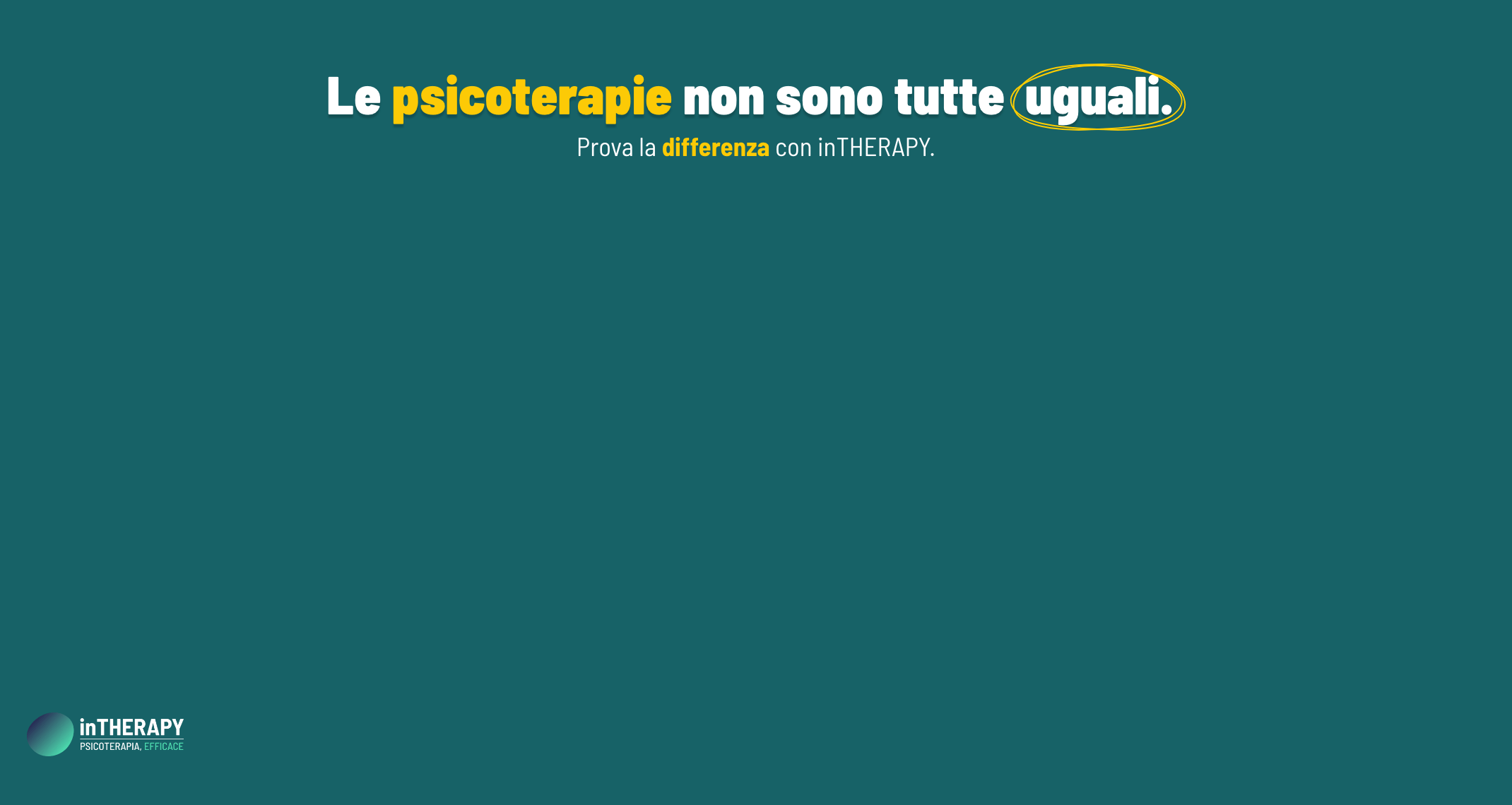This article is the fourth part of a series about video feedback therapy.
Training mothers to use more emotion rich, elaborative conversation styles is beneficial to the psychological development of children.
However, both previously reviewed studies instructed mothers to spend additional time with their children during training. Therefore, perhaps it was this additional time mothers were spending with their children that was responsible for the beneficial effects on the children and not the therapy.
In an effort to control for this possible confound, van Bergan et al. (2009) included an active control group of mothers. Forty-four mothers and their children (children’s average age 45 months) individually participated in seven training sessions and assessments over eight months, which included a six month follow-up. Both groups of parents and their children were given the same amount of time in training; however, experimental mothers were trained to frequently reminisce and use open-ended questions.

Both groups were trained to be more positive and encouraging with their children. Additionally, both groups of mothers were shown training voice-over videos. The videos experimental mothers were shown highlighted the use of open-ended questions, detailed descriptions and emotion terms. The control videos focused on allowing the child to play at their own pace and attending to the child. The results demonstrated that, immediately after training and at the six month follow up, experimental mothers and their children made more elaborative and emotional utterances than mothers in the control condition. The children in the experimental group also showed better emotion-cause knowledge than control children.
Therefore, it appears that video feedback training helps mothers have emotion rich, elaborative conversations with their children. In turn, positive effects have been demonstrated following such training on children’s memory narratives, elaboration style, self-recognition and better understanding of emotion, even when controlling for the amount of time mothers spend with their children. Until recently, children who have difficulties in understanding emotion have not been examined in relation to the development and maintenance of psychopathology. In my next installment I will be discussing this relationship.
BIBLIOGRAPHY:
- Van Bergen, P., Salmon, K,. Dadds, M. R,. & Allen, J. (2009). The effect of mother training in emotion-rich, elaborative reminiscing on children’s shared recall and emotional knowledge. Journal of Cognition and Development, 10, 3, 162 – 187.



